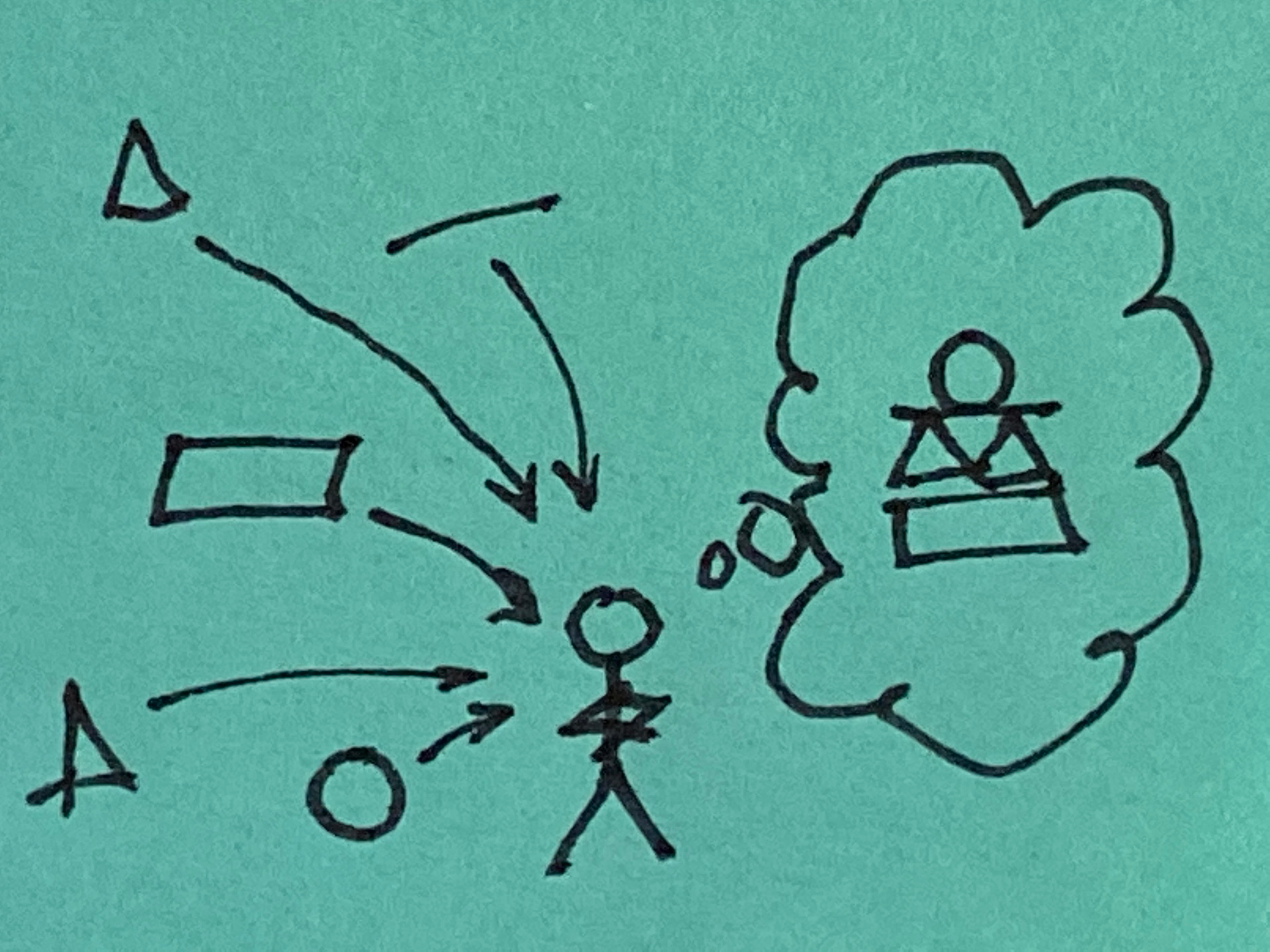Comprehensive Sensemakers
Develop our ability to make sense of ourselves and the world, toward truth.

specialization—devoting ourselves to understanding a lot about a narrow subject—has served us well for centuries and allowed us to advance many areas of knowledge and divide labor, but in order to be effective at creating a better world—World Creators—we all have to have a more comprehensive and accurate understanding of how our world systems work.
There was a time when we could focus solely on our specialized knowledge and depend on others to provide us with the big picture, but those days have passed.
-
There are several forces driving the need for good sensemaking. One is the huge amount of information available to us through the internet and other media, what we might call the “information ecology.” Perhaps worse than the planet’s ecology, the information ecology is polluted with all kinds of misleading or just plain wrong information.
-
We used to have a system in place that would help us do our sensemaking. Our colleges and universities would produce accredited experts on every subject, and the broadcast media would work with those experts to interpret current events and report their understanding out to the population. We could all focus on our specialized tasks at work, look after our families, and get a fairly reliable big picture from the newspapers, radio, and TV news. The advent of the internet has eroded that, and there is no longer a single reliable source that we can all depend on; there are many, often contradicting sources that we need to reconcile ourselves.
-
Comprehensive and specialized knowledge are two sides of the same coin. Specialized knowledge is reductionist, based on taking things apart and understanding parts of systems; comprehensive knowledge is synergetic, based on putting things together and understanding whole systems. Both are important and useful, but when everyone is a specialist and no one is a comprehensivist, we lose an important source information for making good choices. Without a comprehensive understanding of how the larger systems work, we often apply our specialized knowledge too narrowly and end up going against the interests of humanity.
-
There is a kind of movement toward a more comprehensive understanding in the form of studying “mental models.” The idea is that the more you know about the big principles behind a variety of fields, like economics, finance, game theory, etc, the better you will be able to solve the problems you face.
-
The ideal you’re aiming for here is the polymath, or what Buckminster Fuller called the “comprehensivist.”
Therefore:
However possible, develop your ability to make sense of the world, including your own perceptions; do your own thinking and learn to find and verify truth in the polluted information ecology; increase the depth and breadth of your knowledge by nurturing your curiosity about all aspects of Universe, especially how things are connected, and how they interact and affect each other. Use your increasing capacity as a comprehensive sensemaker, and your ever-increasing body of experience and knowledge, to inform your actions as a world creator.
Treat the information ecology as polluted and guard against bad information—Guarded Mind